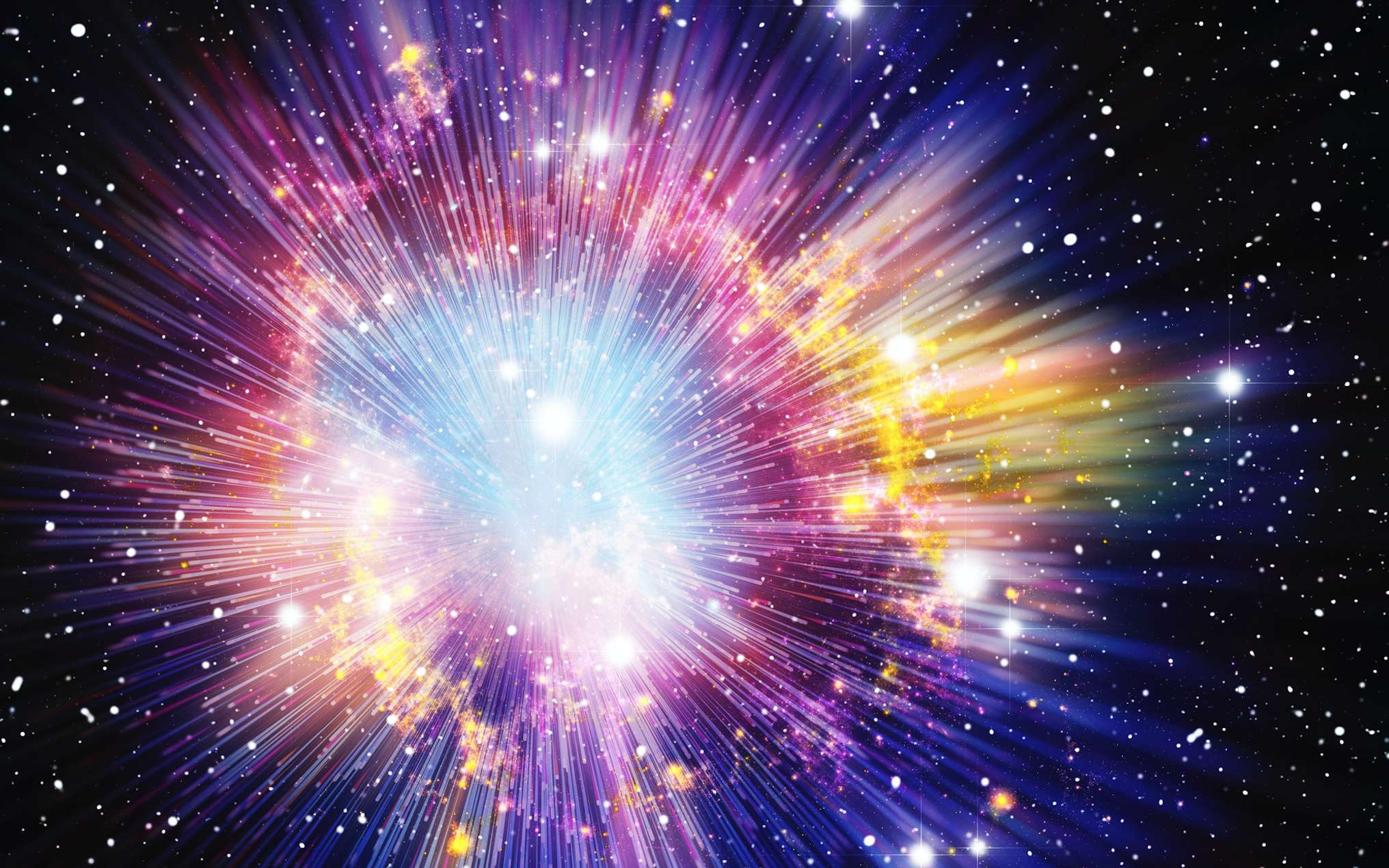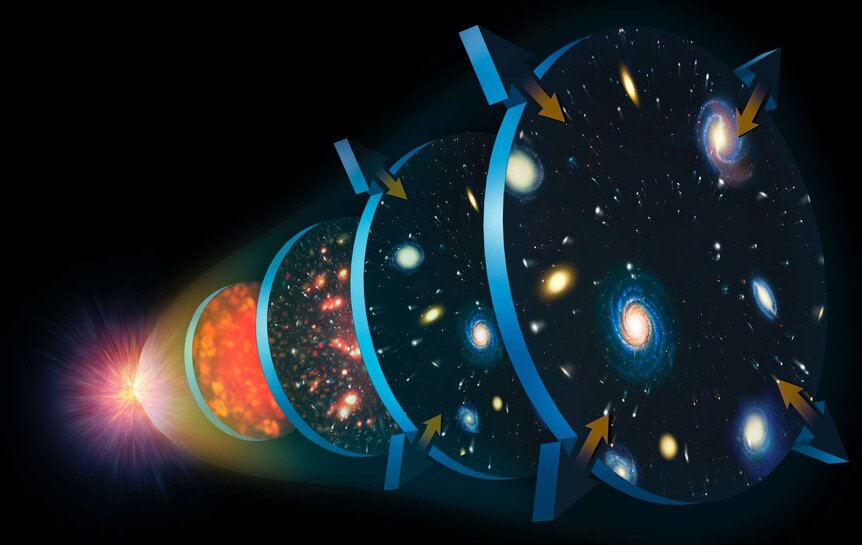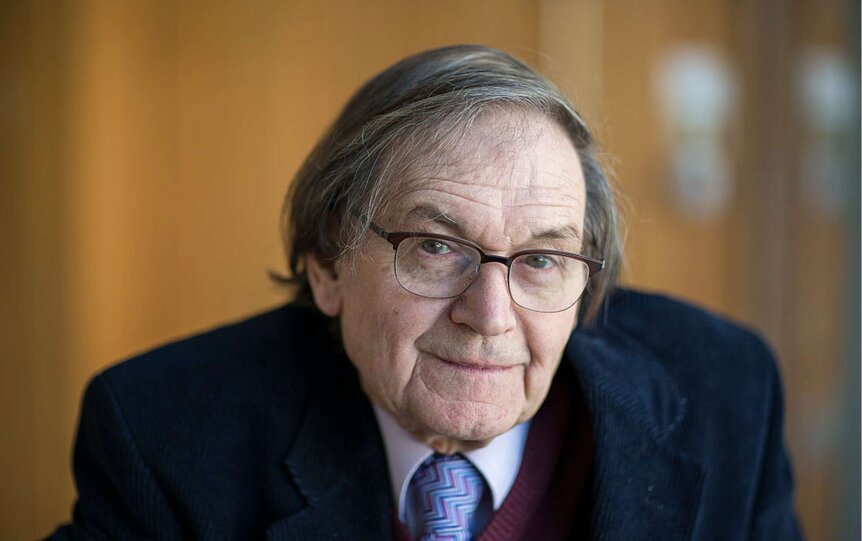Create a free profile to get unlimited access to exclusive videos, sweepstakes, and more!
Make room for the multiverse! Oxford scientist believes another universe existed before the Big Bang

The hypothetical (and extremely cool) idea that we live in a multiverse, a near-infinite collection of different universes all created out the Big Bang, has lately become a mainstream idea among physicists, astronomers, and cosmologists.
Observed countless times in mind-expanding Hollywood films, TV series, comic books, graphic novels, and video games, we've become somewhat accustomed to this theory stating that there are multiple or an endless number of universes that, as a whole, comprise all of known and unknown time, space, and matter.
But exactly what existed prior to the Big Bang some 13.7 billion years ago is what's most on the mind of the honorable Sir Roger Penrose, a University of Oxford mathematician and physicist whose research in the area of black holes just won him the Nobel Prize. His new research paper firmly suggests that our known universe wasn't the first to exist, and that there's a very strong chance that others will come after it.
“The Big Bang was not the beginning,” Penrose explained in the paper recently published in the online journal Monthly Notices of the Royal Astronomical Society. “There was something before the Big Bang and that something is what we will have in our future.”
Penrose describes a perpetual universe that will keep growing until all of its matter eventually breaks down. In its crumbling aftermath, a new universe will emerge to take its place.
“We have a universe that expands and expands, and all mass decays away, and in this crazy theory of mine, that remote future becomes the Big Bang of another aeon,” he told The Telegraph.
Where exactly does this proof come from? Penrose's ideas originate from something he has named Hawking Points, dubbed after the world-renowned theoretical physicist Prof Stephen Hawking. These cosmic markers are the corpses of black holes prior to the Big Bang that outlived their own home universes, but are now nearing the end of their lifespans, leaking out radiation as they fade away into nothingness.
And not only was there a universe before the Big Bang shook things up, but this predecessor universe can still be observed today in the sky, as Penrose stares up at these Hawking Points in the heavens, which measure in at approximately eight times the diameter of our Moon.
“I claim that there is observation of Hawking radiation," Penrose noted. "So our Big Bang began with something which was the remote future of a previous aeon and there would have been similar black holes evaporating away, via Hawking evaporation, and they would produce these points in the sky, that I call Hawking Points.
“We are seeing them. These points are about eight times the diameter of the Moon and are slightly warmed up regions. There is pretty good evidence for at least six of these points.”
Due to the inconceivable timescale for the total evaporation of a black hole, presumably longer than the age of our known universe, certain detection remains a near-impossible task for now.





























